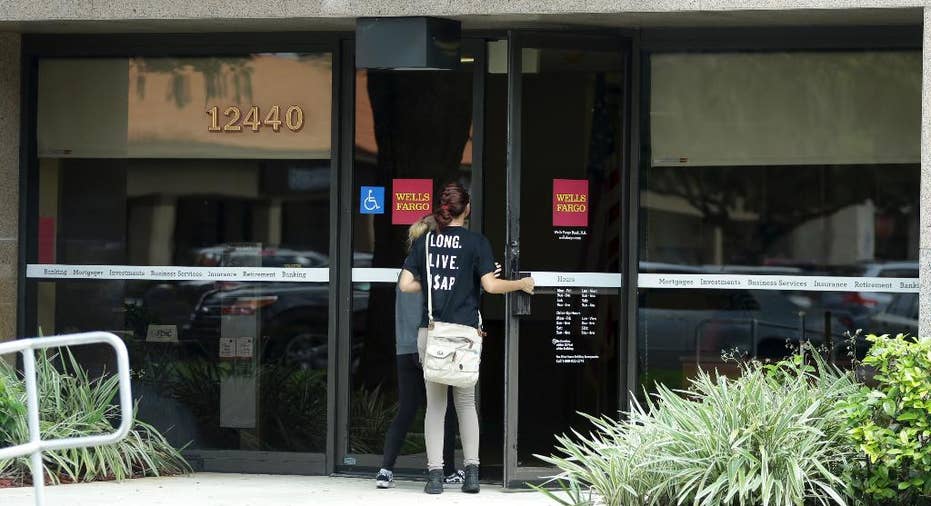After the scandal, Wells Fargo's damage becomes apparent

NEW YORK – It's going to get worse for Wells Fargo before it gets better.
In the wake of the biggest scandal in the bank's 164-year history, distrustful customers are not opening as many checking accounts or applying for credit cards, and branch visits and meetings between customers and bankers are down, too.
Wells has also been hit with several lawsuits from customers, employees and shareholders. There are calls from politicians for fraud charges against the bank. And Wells almost surely faces settlements and fines way beyond the $185 million it agreed to pay regulators when the scandal broke wide open last month.
Or, as Wells Fargo executives put it to Wall Street analysts, using what has become a remarkably common term in this age of corporate malfeasance, the bank's legal expenses are likely to be "lumpy."
Wells Fargo executives, including newly appointed CEO Tim Sloan, are having trouble quantifying what the long-term effect on the bottom line will be.
Investors expect Wells to walk away from this crisis mostly intact, but it is apparent that the bank's recovery will be long and arduous.
For now, "our immediate priority is restoring trust in Wells Fargo," Sloan said in a conference call with investors Friday.
The San Francisco-based bank is engulfed in a crisis that started in mid-September, when Wells reached a settlement over allegations that its employees opened up to 2 million bank and credit card accounts without customers' authorization in order to meet high sales goals.
Under pressure from politicians and investors, CEO John Stumpf abruptly retired on Wednesday.
On Friday, Wells reported third-quarter earnings of $5.6 billion, down from $5.8 billion a year earlier. That is not a good measure of the effects of the scandal, which didn't break until the quarter was nearly over.
But at Wells' 6,000 U.S. branches, there are signs that customers are backing away, even though the bank says it clamped down on the abuses over a year ago.
Wells reported a drop in what it calls banker and teller "interactions" in September from both a year ago and from August. Also, consumer checking account openings dropped 25 percent in September from a year earlier and 30 percent from August. Consumer applications for Wells credit cards also fell sharply in September.
In addition, referrals for mortgages from Wells' retail branches were down 24 percent from August. Wells is the nation's biggest mortgage lender.
What all of this could mean for Wells' balance sheet is difficult to quantify. Not every credit card application will result in an opened credit card account. Not every account opened will get used, carry a balance, and get charged interest.
"We are beginning to try to calculate whether there will be a trend at all," Wells Fargo CFO John Shrewsberry said in an interview. "The income implications for us, if at all, are down the road."
To help recover from the scandal, Wells has announced a series of changes in how it deals with customers. Every customer will get an email after an account is opened to confirm the person opened it, and electronic signatures will be required on all new checking, savings and credit card account applications.
The bank is also eliminating sales goals for its employees and announced a new "mystery shopper" program in which people will go undercover as customers to make sure employees are doing their jobs right.
Wells is also taking steps to ensure that employees who call the bank's ethics hotline to report abuses are not retaliated against, something that is said to have happened in the past.
___
Ken Sweet covers banks and consumer financial issues for The Associated Press. Follow him on Twitter at @kensweet.



















